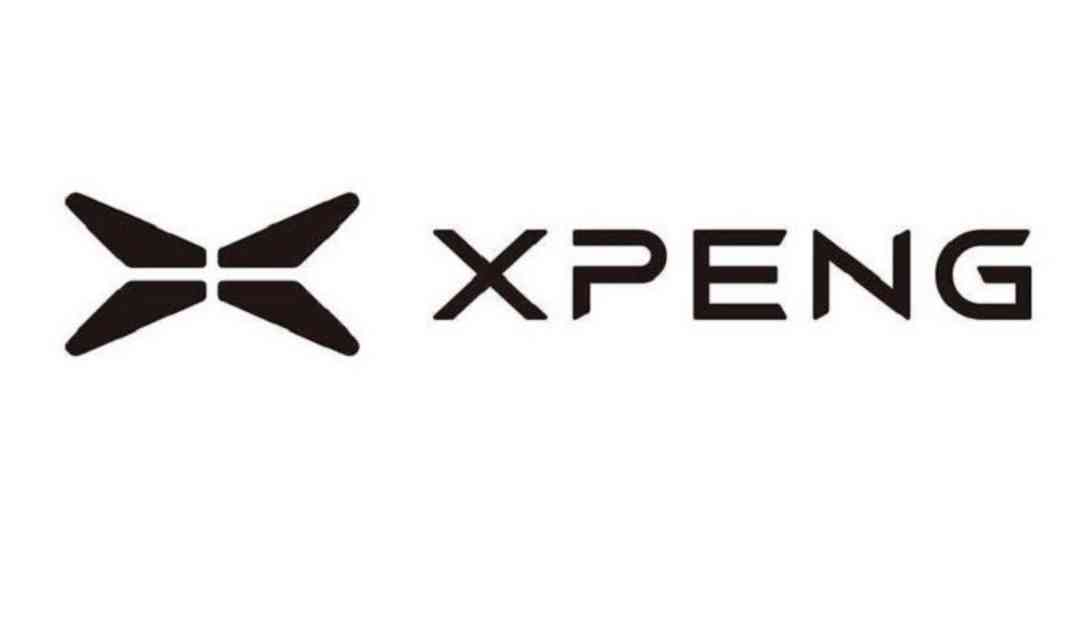Xpeng Motors, a leading Chinese electric vehicle manufacturer, is gearing up to expand its production to Europe in response to tariffs imposed by the European Commission. The company, backed by Xpeng, is in the early stages of researching potential locations for a production facility within the European Union. This strategic move is aimed at reducing future costs that may arise from tariffs, as well as complying with the region’s regulatory framework.
European Expansion Strategy
Chief executive He Xiaopeng revealed in an interview with Bloomberg on August 22 that Xpeng Motors is actively exploring options for setting up a production facility in Europe. This decision comes in the wake of the European Commission’s announcement of imposing five-year import duties on electric vehicles (EVs) from Chinese automakers. The tariffs, ranging from 17% to 36.3% on top of the existing 10% duty, have prompted Xpeng Motors to seek a more cost-effective solution by establishing a manufacturing base in Europe.
In addition to the production facility, Xpeng Motors is also considering the establishment of a large-scale data center on the continent. This move is crucial for ensuring compliance with the region’s data security regulations, which are necessary for offering advanced driver assistance features to European customers. By localizing their operations and infrastructure, Xpeng Motors aims to not only overcome tariff barriers but also enhance their competitiveness in the European market.
Industry Response to Tariffs
The European Commission’s decision to impose import duties on EVs from Chinese automakers has prompted other industry players to reassess their strategies as well. Volkswagen’s Chinese partner, along with several other Chinese auto giants like BYD and Chery, are also looking to establish regional facilities in Europe to bypass tariffs and maintain competitive pricing for their electric vehicles.
BYD, for instance, is setting up facilities in Uzbekistan, Hungary, and Turkey, while Chery is gearing up to produce EVs in Spain by the fourth quarter of this year. These moves reflect a broader trend within the industry, where automakers are increasingly prioritizing local production to mitigate the impact of tariffs and regulatory barriers in key markets like Europe.
Implications for the Electric Vehicle Market
The shift towards local production in Europe by Chinese electric vehicle manufacturers like Xpeng Motors, BYD, and Chery is poised to have significant implications for the overall electric vehicle market. By establishing production facilities on the continent, these companies can not only reduce costs associated with tariffs but also streamline their supply chains and enhance their competitiveness in the European market.
Moreover, the localization of production will enable Chinese automakers to better cater to the specific needs and preferences of European customers. By offering localized manufacturing and services, these companies can build stronger relationships with European consumers and gain a competitive edge in a rapidly evolving market.
In conclusion, Xpeng Motors’ decision to expand its EV production to Europe is a strategic move aimed at overcoming tariff barriers and enhancing its competitiveness in the region. By setting up a production facility and data center on the continent, the company is positioning itself for long-term success in the European electric vehicle market. This strategic shift reflects a broader trend within the industry, where automakers are increasingly prioritizing local production to navigate regulatory challenges and maintain a competitive edge in key markets.

















